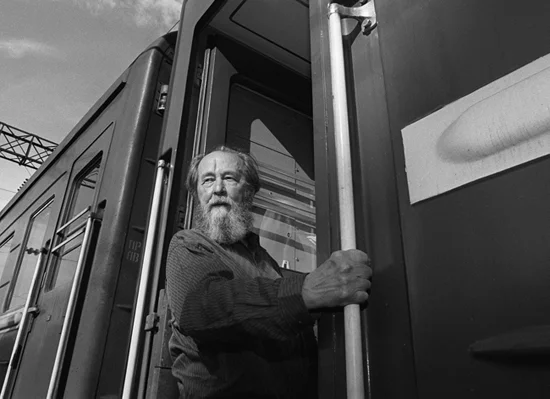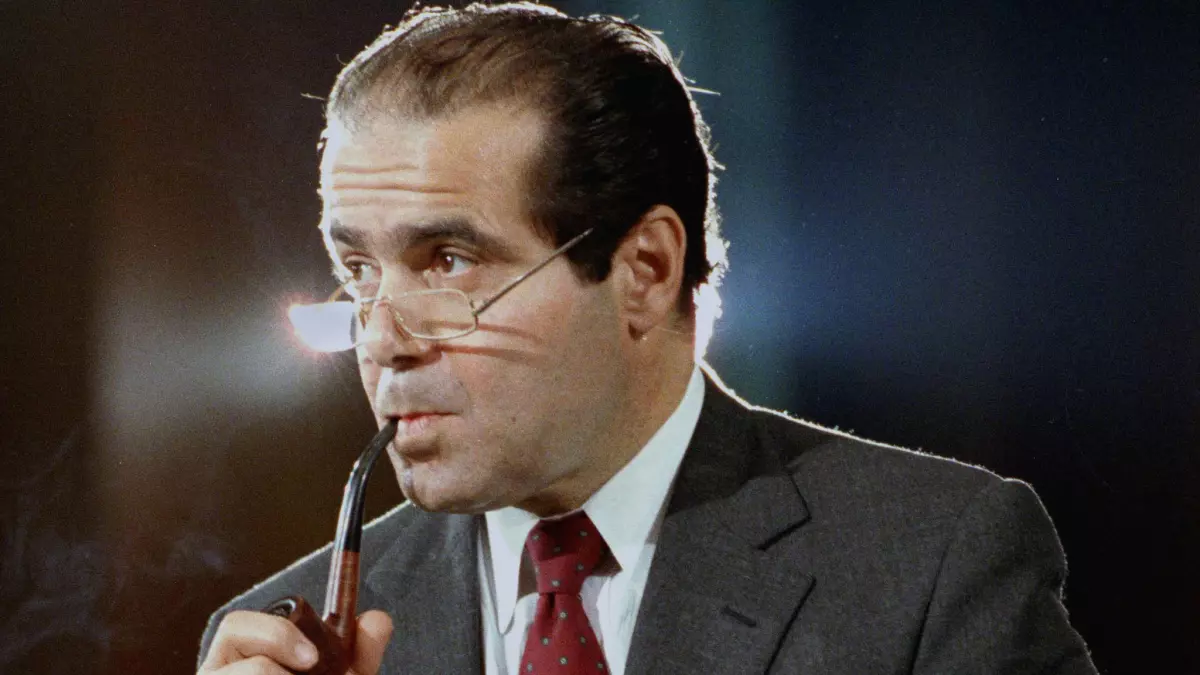.avif)
Congressional Testimony: Rowena He on the Chinese Communist Party’s Historical Revisionism
Rowena He, senior research fellow at Civitas, recently testified before the Congressional-Executive Commission on China.
The hearing, which took place on December 5, 2024, was titled The Preservation of Memory: Combating the CCP’s Historical Revisionism and Erasure of Culture.
The Commission described the hearing as follows:
The Chinese Communist Party (CCP) engages in systematic efforts to curtail historical inquiry into subjects deemed “sensitive,” such as the Tiananmen Massacre; control narratives regarding the history of the CCP; and erase the culture of repressed peoples, including Tibetans, Mongolians, and Uyghurs. Writers, artists, and independent historians are currently engaged in efforts to preserve history and language in the face of CCP repression. This hearing will highlight their efforts and examine the various tactics used by the CCP to revise history, including lawfare and the silencing of academics who offer alternatives to Party narratives. The hearing will also explore the ways that diaspora communities are preserving their own culture and language and transmitting them to the next generation. Witnesses will offer policy recommendations.
Rowena He's testimony was livestreamed on Nov. 5, 2024. Visit the Congressional-Executive Commission on China's website to watch a recording of the hearing.
Rowena He is a senior research fellow at the Civitas Institute. She is the author of Tiananmen Exiles: Voices for the Struggle for Democracy in China and a former associate professor of history at the Chinese University of Hong Kong until she was exiled in 2023.
Politics

National Civitas Institute Poll: Americans are Anxious and Frustrated, Creating a Challenging Environment for Leaders
The poll reveals a deeply pessimistic American electorate, with a majority convinced the nation is on the wrong track.
.webp)
Liberal Democracy Reexamined: Leo Strauss on Alexis de Tocqueville
This article explores Leo Strauss’s thoughts on Alexis de Tocqueville in his 1954 “Natural Right” course transcript.
%20(1).avif)
Long Distance Migration as a Two-Step Sorting Process: The Resettlement of Californians in Texas
Here we press the question of whether the well-documented stream of migrants relocating from California to Texas has been sufficient to alter the political complexion of the destination state.
%20(3).avif)
Who's That Knocking? A Study of the Strategic Choices Facing Large-Scale Grassroots Canvassing Efforts
Although there is a consensus that personalized forms of campaign outreach are more likely to be effective at either mobilizing or even persuading voters, there remains uncertainty about how campaigns should implement get-out-the-vote (GOTV) programs, especially at a truly expansive scale.

There's a Perception Gap With the U.S. Economy
As we approach another election cycle, it’s worth asking: what’s real, what’s political theater, and what does it all mean if Democrats regain control of the House?

International Law Is Holding Democracies Back
The United States should use this moment to argue for a different approach to the rules of war.
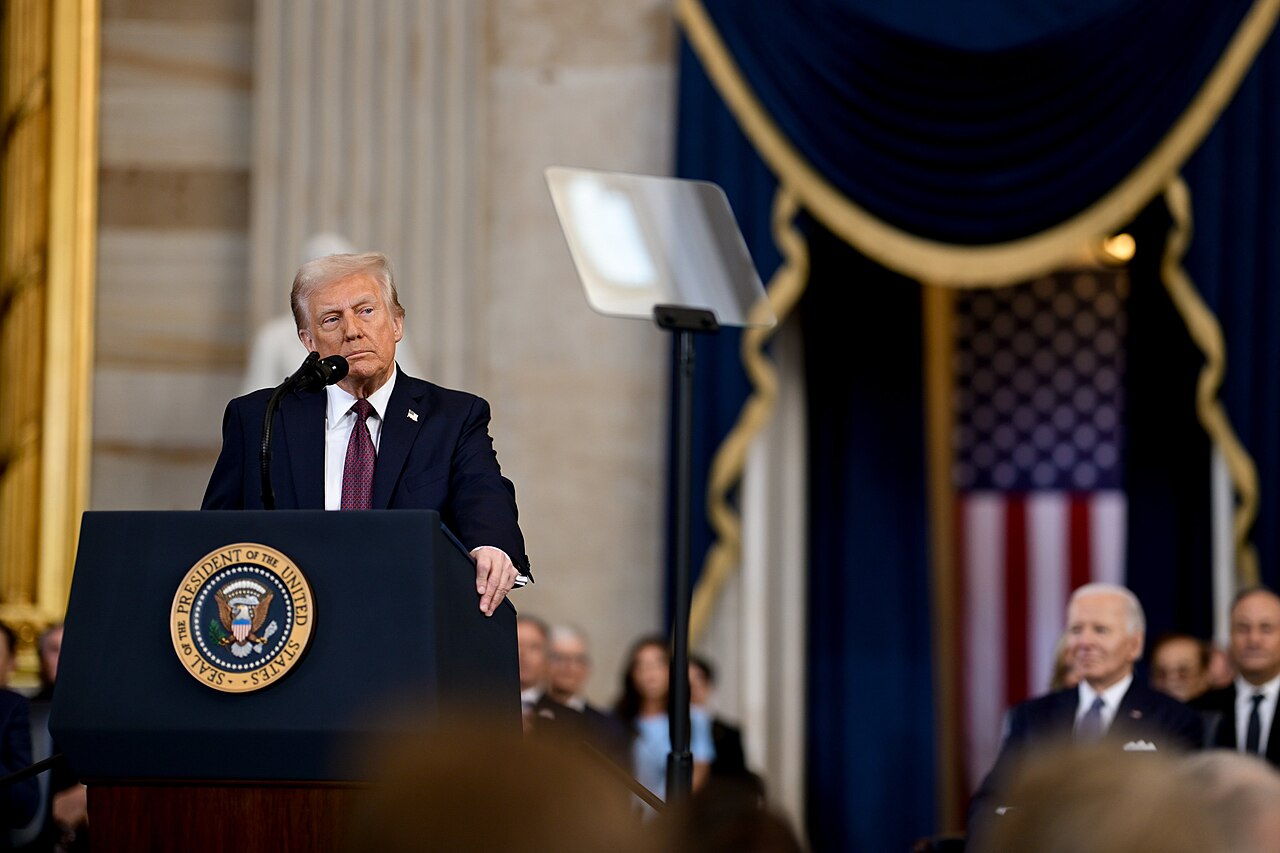
Trump purged America’s Leftist toxins. Now hubris will be his downfall
From ending DEI madness and net zero to securing the border, he’ll leave the US stronger. But his excesses are inciting a Left-wing backlash
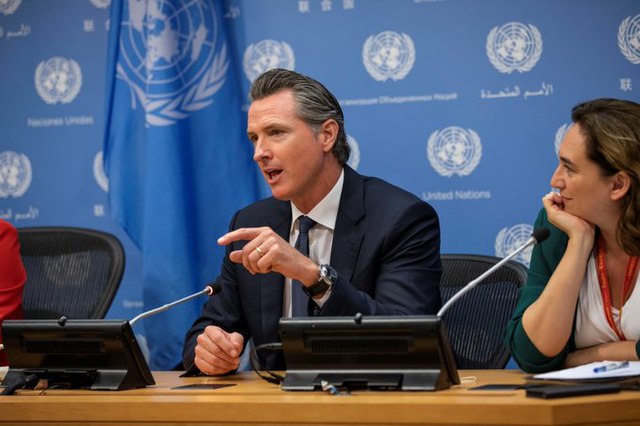
California’s wealth tax tests the limits of progressive politics
Until the country finds a way to convince the average American that extreme wealth does not come at their expense, both the oligarchs and the heavily Democratic professional classes risk experiencing serious tax raids unseen for decades.
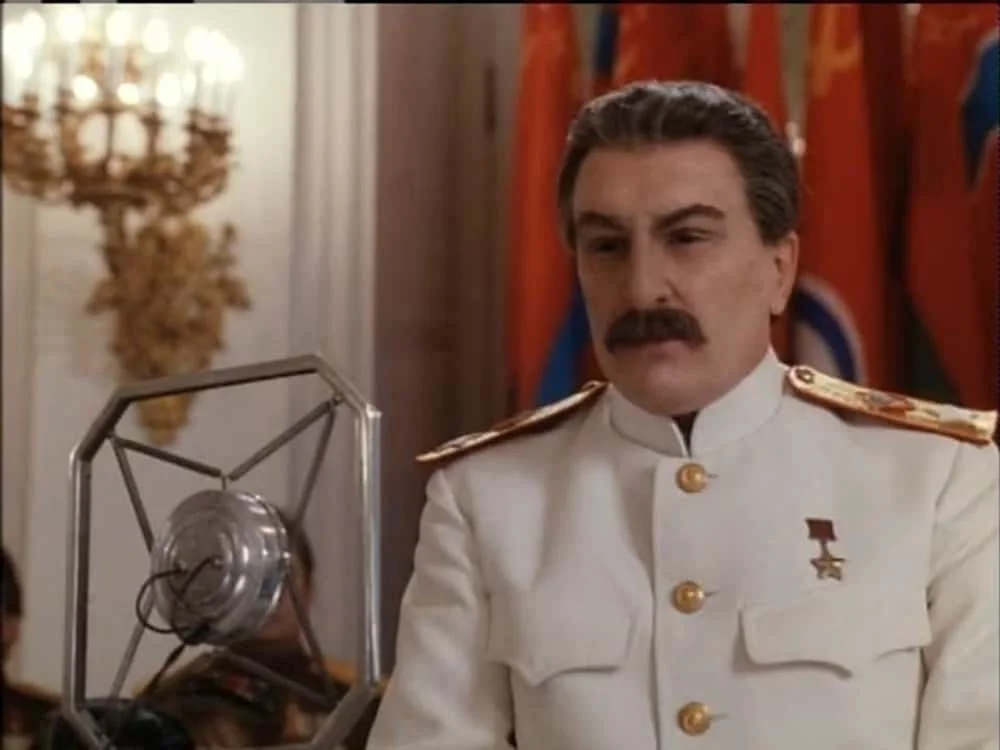
When Duvall Played Stalin
It’s strange to compliment an actor for impersonating a tyrant, but it is an act of courage.
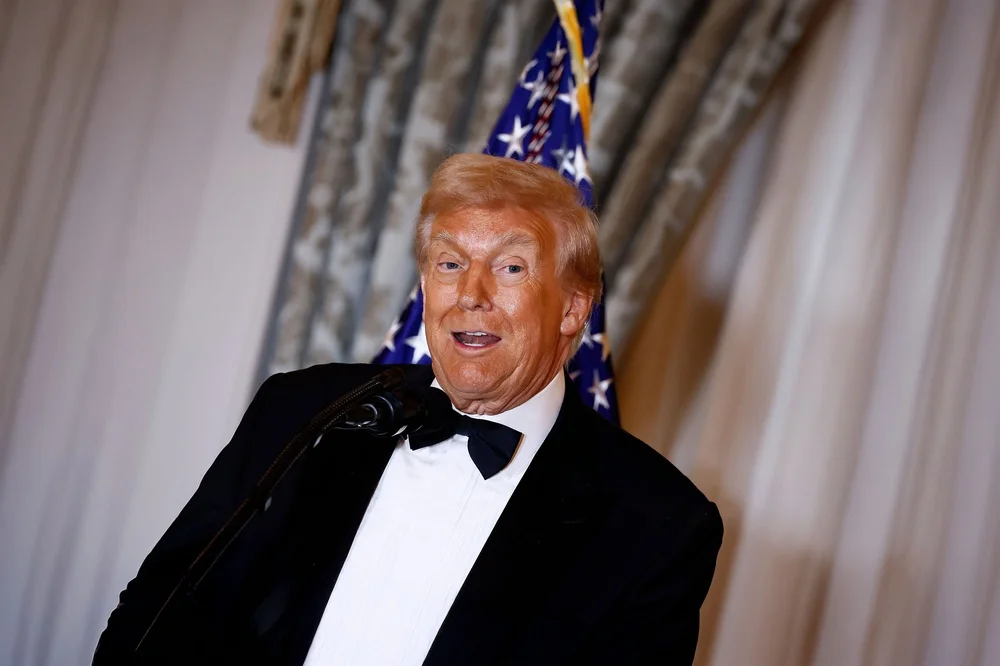
When Vanity Leads to Impropriety
A president should simply not be allowed to name anything after himself without checks from Congress or an independent commission.







